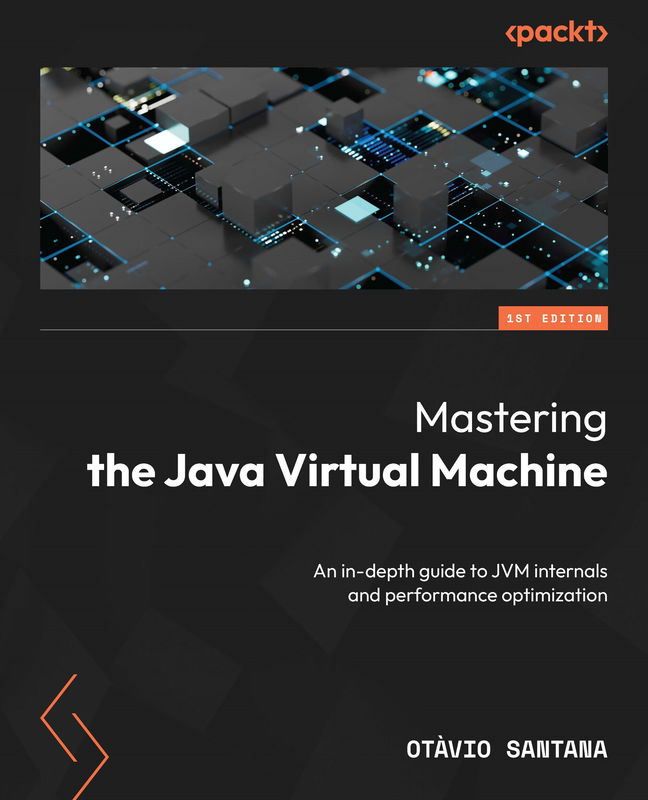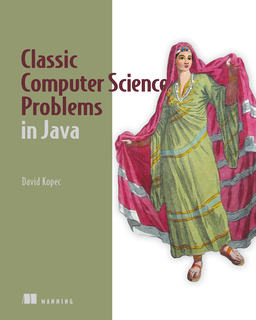Mastering the Java Virtual Machine is a comprehensive guide that will take you into the heart of Java programming, guiding you through the intricate workings of the Java Virtual Machine (JVM) and equipping you with essential skills to become a proficient Java developer.
You’ll start by understanding the JVM, exploring its architecture and how it executes Java code. Through detailed explanations and real-world examples, you’ll gain a deep understanding of JVM internals, enabling you to write efficient and optimized Java applications.
As you progress, you’ll delve into memory management and execution, unraveling the complexities of heap and stack management, garbage collection, and memory profiling. You'll learn how memory is allocated and reclaimed in the JVM, as well as how to optimize memory usage and identify performance bottlenecks in your applications. With this knowledge, you’ll be able to create Java programs that are not only robust but also highly performant.
By the end of this book, you’ll have the skills needed to excel in Java programming, writing efficient, maintainable code.
What you will learn
- Understand JVM architecture and bytecode execution
- Explore memory management and optimize memory usage
- Compare and evaluate alternative JVMs like GraalVM
- Master reflection for dynamic behavior in Java applications
- Utilize Java annotation processors for code generation
- Get to grips with reactive programming principles for scalable applications
Who this book is for
This book is for Java developers seeking to deepen their expertise in the Java Virtual Machine (JVM) and optimize Java applications for peak performance. It caters to both intermediate and seasoned professionals who want to explore specific aspects such as JVM internals, memory management, threading, security, and performance tuning.




